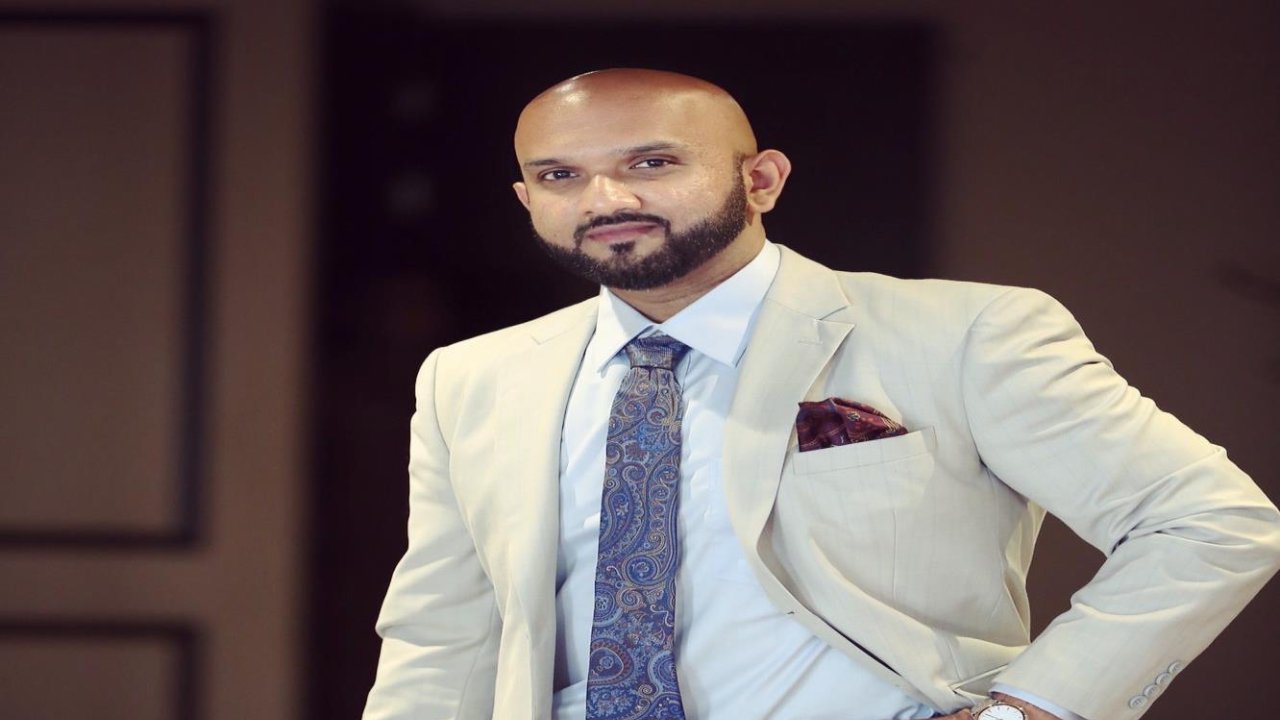Sajid Amit is a researcher, strategy consultant, academic and practitioner in international development. He basically is an investment banker turned strategy consultant, researcher and academic. He provides research and advisory services to reputable clients including UN organizations, Wall street investment banks, Silicon Valley startups, Private Equity investors, multinationals, government ministries and various bilateral and multilateral organizations.
Sajid Amit finished his B.A in History and Minor in Economics from Dartmouth college and M.A in International Economic History of Asia and Africa from SOAS, University of London.
Sajid Amit has over seventeen years of expertise in four different fields, including management consulting, academics, social/market research, and investment banking. The youngest director at a BRAC firm, he served as a director for BRAC EPL Stock Brokerage Limited when he was just twenty-nine years old. At BRAC EPL, he oversaw a 250 million USD portfolio, primarily owned by international institutional investors including Morgan Stanley, Goldman Sachs, JP Morgan, and Deutsche Bank.
He was a founder and board member of the Digital Finance Forum Bangladesh (DFFB), which was instrumental in promoting favorable laws for fintech in Bangladesh, and he currently serves as Country Leader for Tala.co, a global fintech company. Sajid Amit is a key stakeholder in Bangladesh’s fintech industry and financial inclusion.
He also has expertise over financial inclusion, fintech and financial literacy, investment advisory for foreign investors. Entrepreneurship, social enterprise and startups, promotion of diversity, tolerance and pluralism, youth, skill development and technology and last but not the least, social media literacy.
He has been in charge of KPMG’s worldwide research activities in the US, UK, and EU. Additionally, he has received research honors from Morgan Stanley Investment Management and BlackRock (UK) Advisory Ltd. Research Awards in consecutive years (2012-2013).
Additionally, he has received the South Asia Institute Research Award from Columbia University (2006), the Richard Hofstadter Faculty Fellowship from Columbia University (2007), the Outstanding Performer of the Year Award from KPMG India (2009), and the Vivian B. Allen Foundation Scholarship from Dartmouth College (2000-2004). He was also one of the twenty-five Global Leaders under twenty-one chosen by Credit Suisse in New York, which isn’t the least important fact.
Sajid Amit has carried out a number of sizable projects for the US State Department, USAID, the Canadian High Commission, the British High Commission in Dhaka, and USAID.
He has made appearances on the BBC and a number of other prestigious national and international media venues.
Sajid Amit’s journey from abroad to Bangladesh
Sajid Amit was away from Bangladesh from 2000-2010. He had lived in New Hampshire, New York, London and Delhi those 11 years.Sajid Amit moved back to Bangladesh in 2011. Sajid Amit saw that so many of his close ones or people he knew like his friends, colleagues were migrating to faraway countries. He didn’t understand what the appeal to it was. Sajid Amit always wanted to do something in his own country where he can bear witness and contribute to great.
SajidAmit’s mom didn’t want her son to come back when he wanted to as Bangladesh didn’t have any equivalent job. When he moved back in 2011, the economy was holding up better and better. Despite the stock market meltdown, he had the ideal opportunity to study in the aftermath. His initial position was supplying research, information, and investment guidance to international institutional investors in the Dhaka Stock Exchange, which eventually led to a senior position in sales. Overall, it was a very thorough introduction to Bangladeshi commerce and society.
Because the benefits of Sajid Amit’s, education Academic and Development Strategist, work and experiences were going to a society and nation that had already “advanced,” and because the difference he was seeking to make was relatively minor when compared to the difference he could make over the course of a career in Bangladesh, he never got used to this. He actually experienced a sinking, unsatisfied feeling as a result of it. In the meantime, Bangladesh was not only not syncing—to continue the sea metaphors—but was also riding a wave that might elevate untold millions of people.
Sajid Amit’s journey of abroad
He doesn’t miss good life abroad as long he can travel but the reason he chooses to stay in Bangladesh. There are many reasons, according to him, that made him come back to this country. His contentment with being in Bangladesh is anchored by the memories he has created and the networks he enjoys. In any case, Amit’s intention is not to provide sermons on why people should consider remaining in Bangladesh.
Journals by Sajid Amit
- Understanding social enterprises-III: Looking forward to a promising future
- Understanding social enterprises-II: Supportive policy environment is a critical prop
- Understanding social enterprises-I: A business model that witnesses a wide embrace
- Why should companies do good?
- The importance of multidisciplinary education
- Reading in a time of dubsmash
- The story of the $100 bill
- The budget and outlook for banks, capital markets and NBFIs
- A budget for middle-income aspirations
Some life lessons from Sajid Amit
Sajid Amit advises to have some balance in life. He used to work a lot. That led him to not take care of his mental and emotional wellbeing. Now he has learnt to balance everything. Like now he travels which helps him to be motivated in work. He sleeps properly at night. Before he used to read when there was no work. But now he added more hobbies to the list such as enjoying art, fashion and going to the gym.
He believes that if one works hard to overcome obstacles making effort to be present, difficulties, take care of themselves. He believes that if we focus on how we view our difficulties and disappointments, our reality will change. The benefits of being present outweigh those of lamenting the past or fretting about the future. Living in the now is simpler than living in the past or in the future.
Read Next: Vector Conversion service provider in Las Vegas

